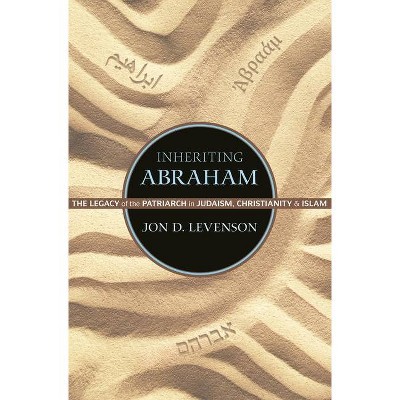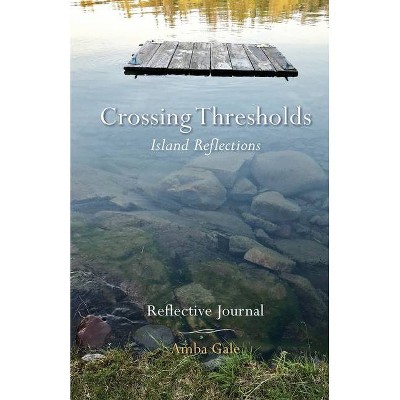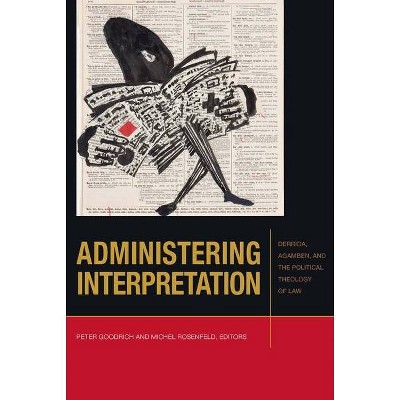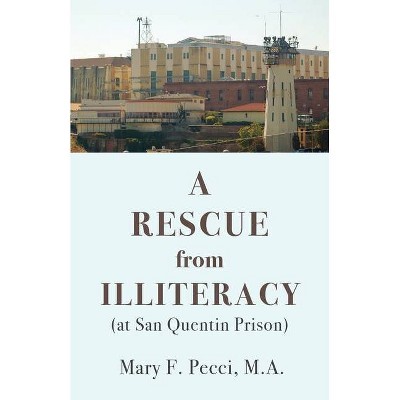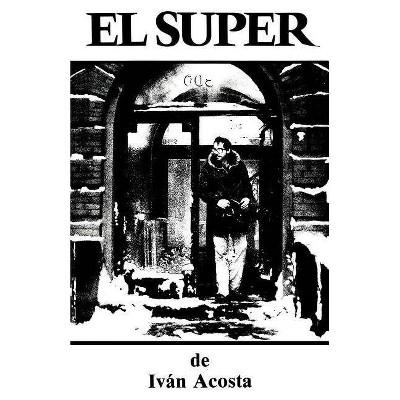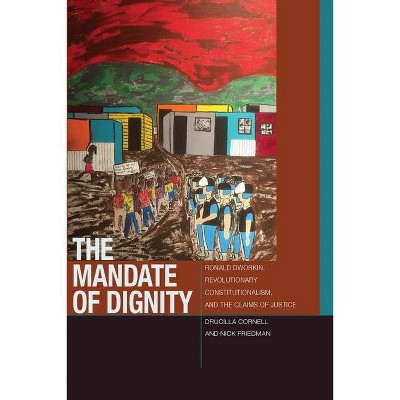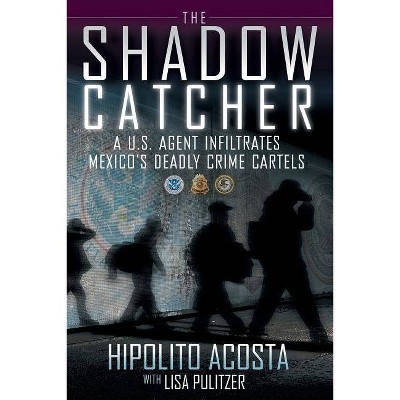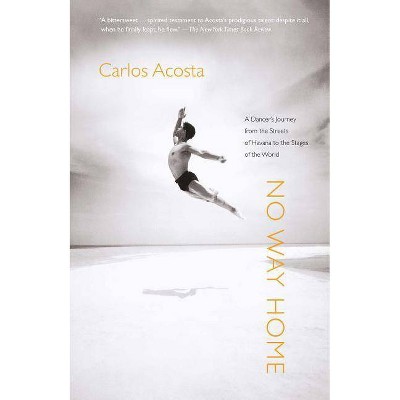Thresholds of Illiteracy - (Just Ideas) by Abraham Acosta (Paperback)
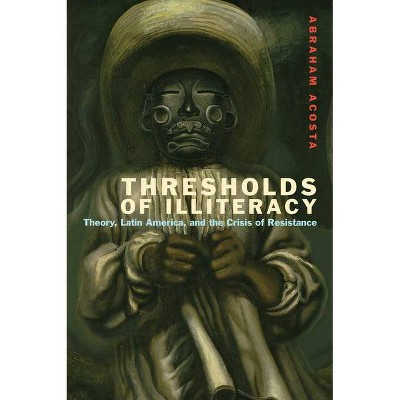
Similar Products
Products of same category from the store
AllProduct info
<p/><br></br><p><b> About the Book </b></p></br></br>Through a series of literary and cultural analyses, this book examines current theories of resistance and their impact on contemporary Latin American cultural discourse, developing a cultural theory of "illiteracy."<p/><br></br><p><b> Book Synopsis </b></p></br></br><p>Thresholds of Illiteracy reevaluates Latin American theories and narratives of cultural resistance by advancing the concept of "illiteracy" as a new critical approach to understanding scenes or moments of social antagonism. "Illiteracy," Acosta claims, can offer us a way of talking about what cannot be subsumed within prevailing modes of reading, such as the opposition between writing and orality, that have frequently been deployed to distinguish between modern and archaic peoples and societies. <p/>This book is organized as a series of literary and cultural analyses of internationally recognized postcolonial narratives. It tackles a series of the most important political/aesthetic issues in Latin America that have arisen over the past thirty years or so, including indigenism, testimonio, the Zapatista movement in Chiapas, and migration to the United States via the U.S.-Mexican border. <p/>Through a critical examination of the "illiterate" effects and contradictions at work in these resistant narratives, the book goes beyond current theories of culture and politics to reveal radically unpredictable forms of antagonism that advance the possibility for an ever more democratic model of cultural analysis.</p><p/><br></br><p><b> Review Quotes </b></p></br></br><br>This is an impressive study that covers a wide variety of theoretical and literary texts, some canonical and others not.-- "--Studies in 20th & 21st Century Literature"<br><br>Abraham Acosta is fearless. Breathing new life into the well-worn contradictions of philosophical abstraction and political practice, speech and writing, hegemony and subalternity, he doesn't settle for splitting the difference. With nuance, verve, erudition and extraordinary breadth, Thresholds of Illiteracy brings a heterodox approach to old debates--indigenismo, testimonio, zapatismo, la frontera--and goes a long way toward clearing the ground for a re-engaged Latin Americanism to come. This book represents the best of a new generation of critical-theoretical work on Latin American cultural politics.<b>-----Joshua Lund, <i>University of Pittsburgh</i></b><br><br>Thresholds of illiteracy: Theory, Latin America, and the Crisis of Resistance addresses the most important and controversial issues facing contemporary Latin American studies. Some concern aesthetic matters, such as the debate between traditional literature and testimonio, some political ones, such as US-Mexican migration, but all offer rigorous interventions into the relationship of aesthetics and politics. The author offers a superb summary of the past thirty years of research within Latin Americanism and, through careful readings of Latin American and European poststructuralist theory, advances this research in a novel fashion, creating a work that will greatly interest all scholars in the field.<b>-----Brett Levinson, <i>Binghamton University</i></b><br><br>Thresholds of Illiteracy is destined to make an indelible mark in Latin American literary critical and cultural studies. One of the book's major theoretical contributions resides in Acosta's highly original development of what he calls "illiteracy," which sustains a number of interrelated senses and metonymical associations related to classical ethnography, postcolonial studies and contemporary debates in political thought. Acosta deals very capably with a wide range of geographical and cultural contexts, including Peru, Cuba, Central America, Mexico and the US-Mexico border. Each chapter introduces new insights based on theoretically-informed and rigorous analyses of literary and cultural texts as well as historical events. While Acosta's discussions are culturally and historically grounded in specific areas and periods, his insights have clear relevance for all periods and regions of Latin America precisely because they engage with the timeless debates and problems that constitute this field of study: representation and truth, knowledge and power, culture and politics, and so on.<b>-----Patrick Dove, <i>Indiana University</i></b><br><br>Using indigenista novels, testimonio, border narratives and EZLN declarations as sites of intervention, Thresholds of Literacy aims at breaking the impasse between orality and literacy that for many years has shaped important areas of Latin American cultural and literary studies. Acosta demonstrates that, by insisting too much on difference, even critics with the best intentions end up reinforcing the inequality they wanted to contest. Opting for indistinction, Acosta advances the concept of illiteracy, which pertaining to orality and literacy alike, names a "condition of semiological excess and ungovernability" that allow him to formulate the conditions of radical equality of both. This important book, covering an impressive archive of standard studies on the topic and the most recent critical analyses, will be a staple critical resource for anyone studying Latin America from the colonial period to the present.<b>-----Ivonne del Valle, <i>University of California, Berkeley</i></b><br><p/><br></br><p><b> About the Author </b></p></br></br><br><strong>Abraham Acosta </strong>is Assistant Professor of Spanish and Portuguese at the University of<br>Arizona.<br>
Price History
Price Archive shows prices from various stores, lets you see history and find the cheapest. There is no actual sale on the website. For all support, inquiry and suggestion messagescommunication@pricearchive.us
